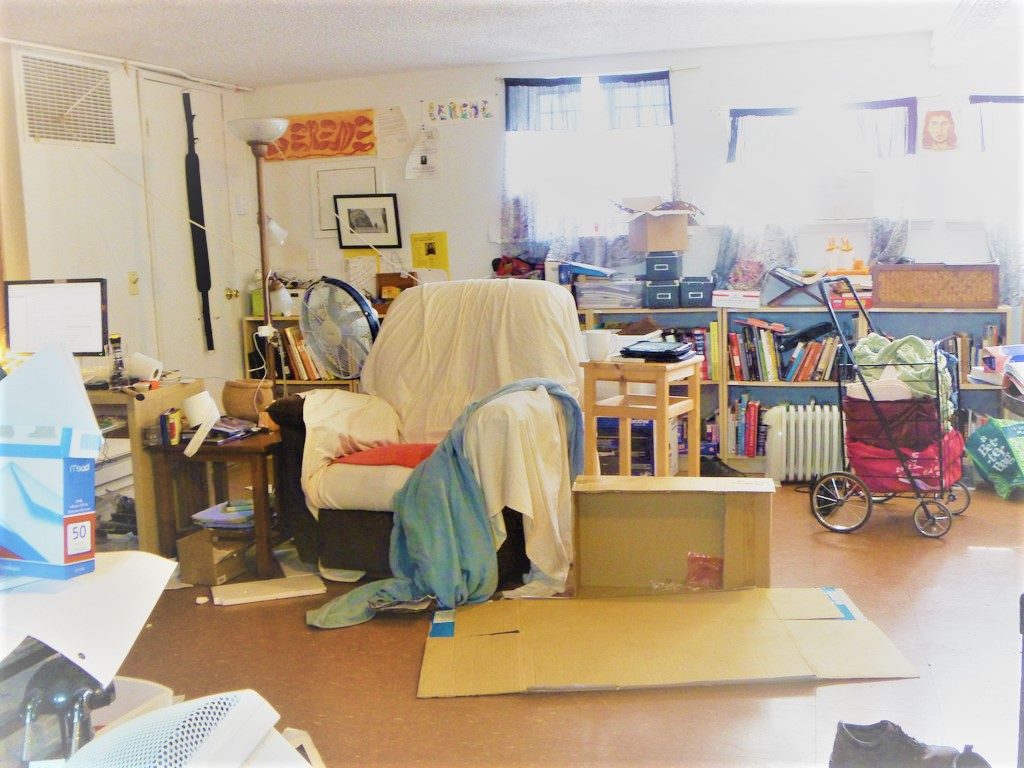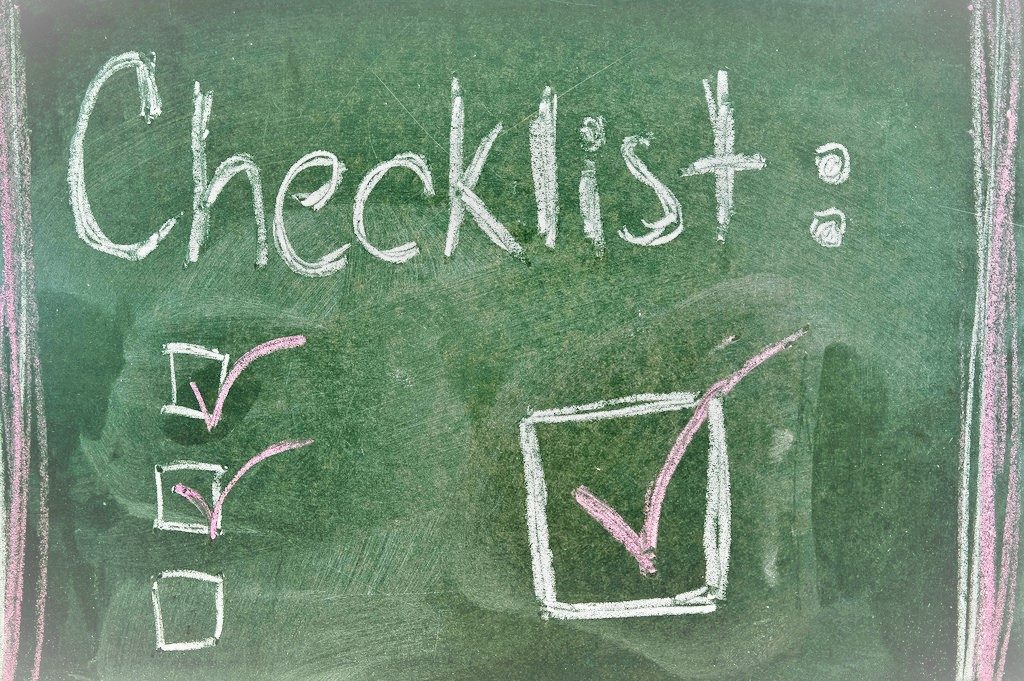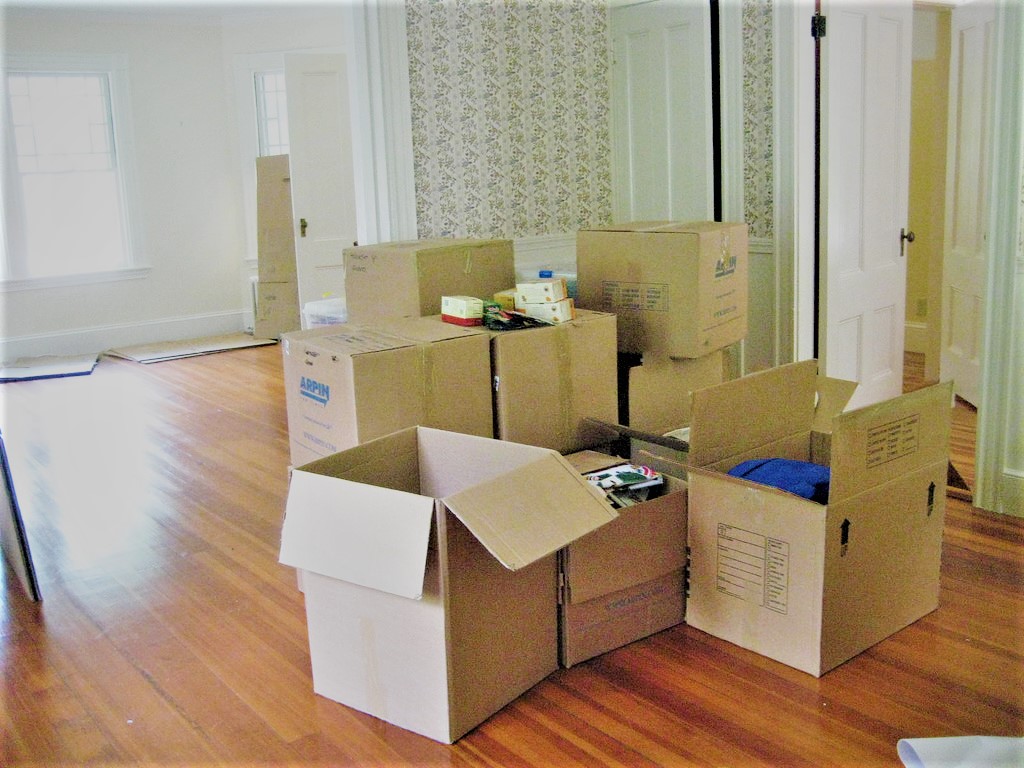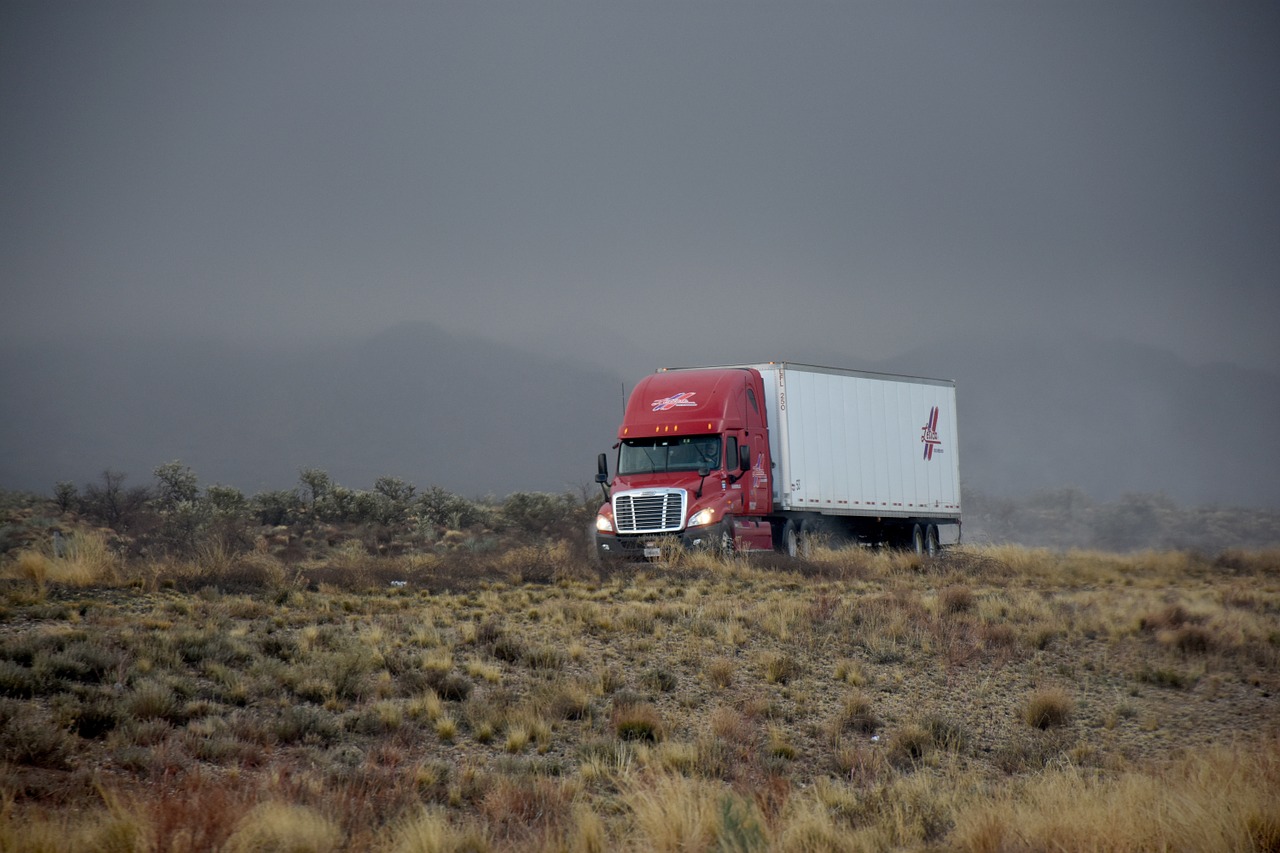Many people fear moves because they expect the worst. If you make a plan and break everything down into doable steps, you’ll find that moving can be an exciting process. Mentally, walk through everything you’ll need to do. This will get you geared up for the move.
1. Reduce Unnecessary Items
It’s a good idea to pare down on furniture and items you no longer need or don’t want. Minimizing your household inventory is the best way to reduce the cost and chaos of moving. Make sure to look through expired medicine. Take a look in your food pantry, and get rid of anything else in your house that’s expired.

2. Organize Your Home
If you take the time to organize your home now, the packing will be easier. It will make it easier for you to settle into your new place as well.
3. Get All of Your Supplies Ahead of Time
You know you need boxes, packing materials, and strong tape. It can surprise you to think about keeping a few permanent markers on hand, color-coordinating boxes according to rooms, or requesting a dolly to move your washer up the stairs in the new place. Consider what you need to move everything and how to unload everything into your new home.
4. Make a Checklist
Preparing for a move isn’t a one-step process. Often, you think of something you’ll have to do for the move while you’re doing something else. Keep a running list going of everything you can think of. Once you are certain that you’ve finished, put it in order.

5. Make a Budget
Once you have figured out how you’re moving everything, you need to consider making a budget for eating, sleeping, gasoline, supplies, turning on utilities and other related expenses.
6. Take a Look at the New Place
This step is especially important if you have children. Getting used to the new place starts when you see it. Look at the layout of your new home, and discover what is around your home. You’ll discover fun things to do and get an idea of how day-to-day life will be like.
7. Arrange a Good Time to Turn On and Shut Off Utilities
Plan as much as you can. Trying to take care of your utilities shortly before you move can lead to disaster. You want enough time to pack up before your utilities are shut off, but you don’t want someone using your electricity or gas after you move either. You also want to have everything up and running when you move into the new home.
8. Vehicle Work
Whether you’ll be towing your things in a trailer or using a truck, you should make sure your vehicle can make the trek. Have your oil changed. Check your spark plugs and tires. If you have four-wheel drive, you can’t use a regular two-wheel tow dolly.
9. Save Money Ahead of Time
There are unexpected expenses when you move. For example, virtually no one tells you that you might need a hose for your new home. You might not know where toll roads are. The utility company may be late in turning on your electricity, which could mean eating out for an entire weekend. Whatever the case, you want to have enough money to plan for the worst-case scenario. Planning ahead of time will make your move easier.

Let the process of moving settle in. Take the necessary steps, but enjoy the process. Change can bring many wonderful possibilities if you let it.




